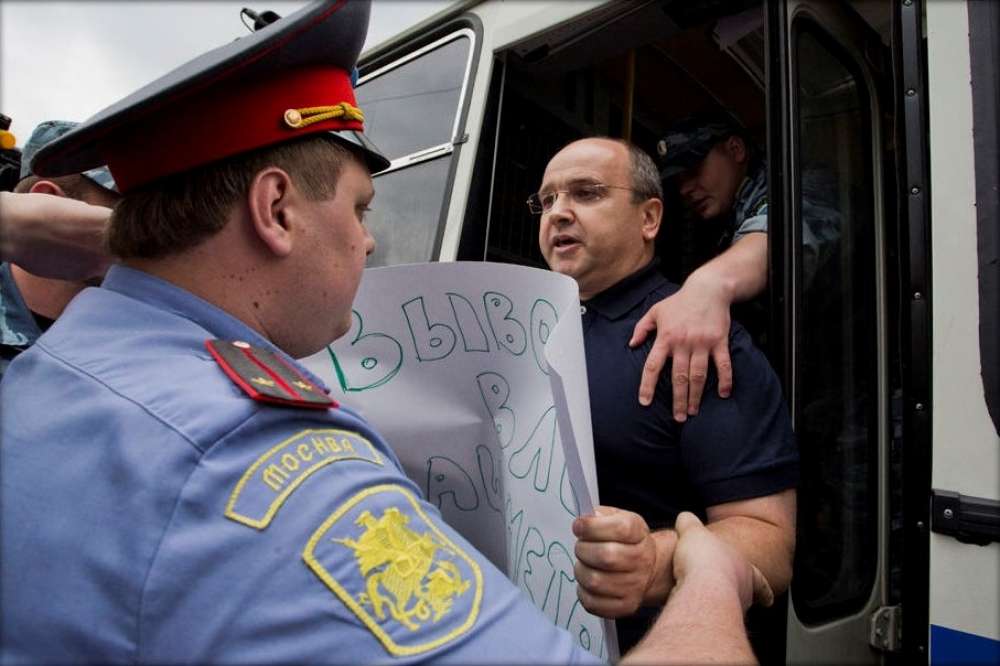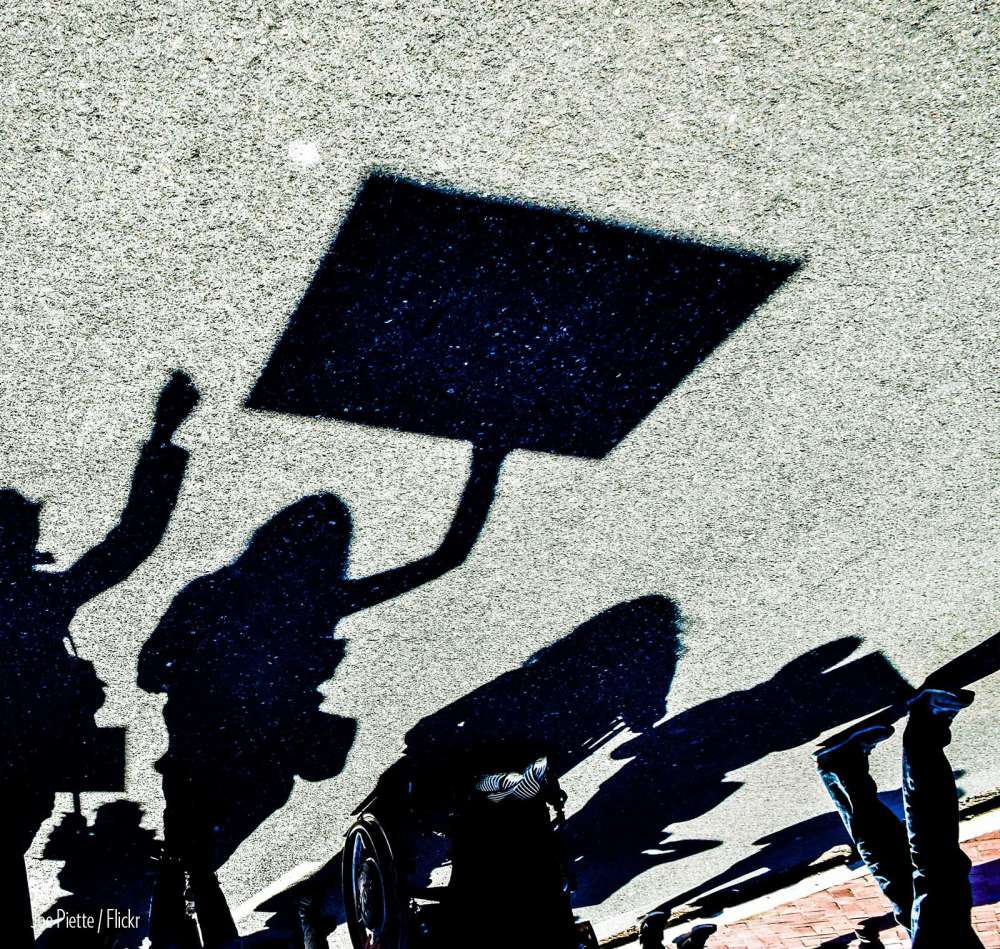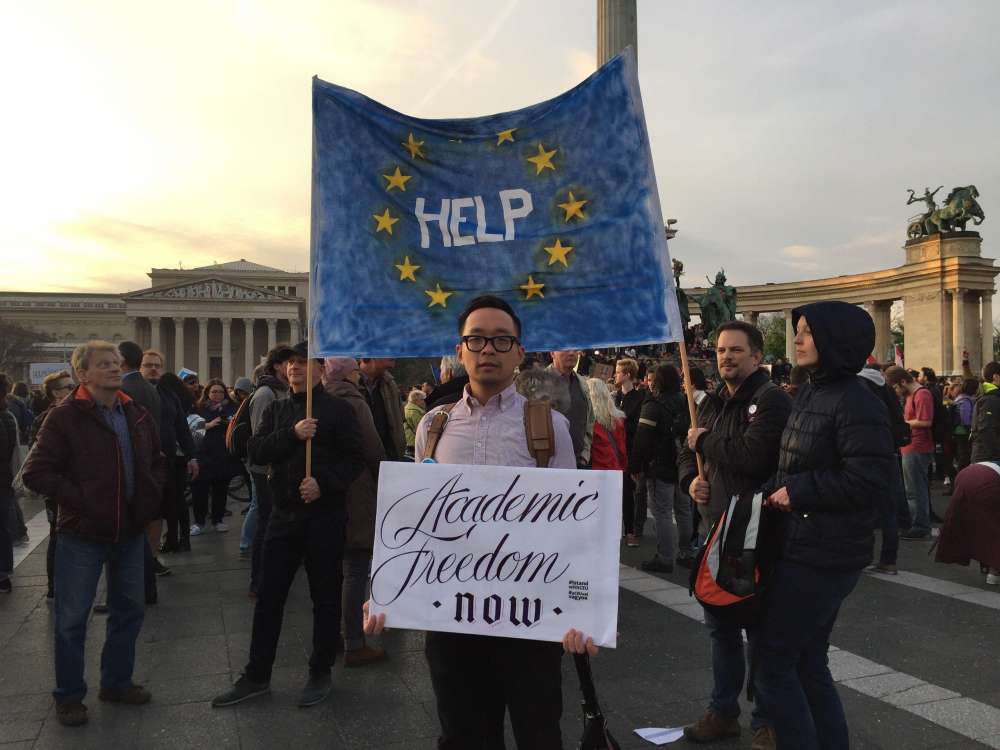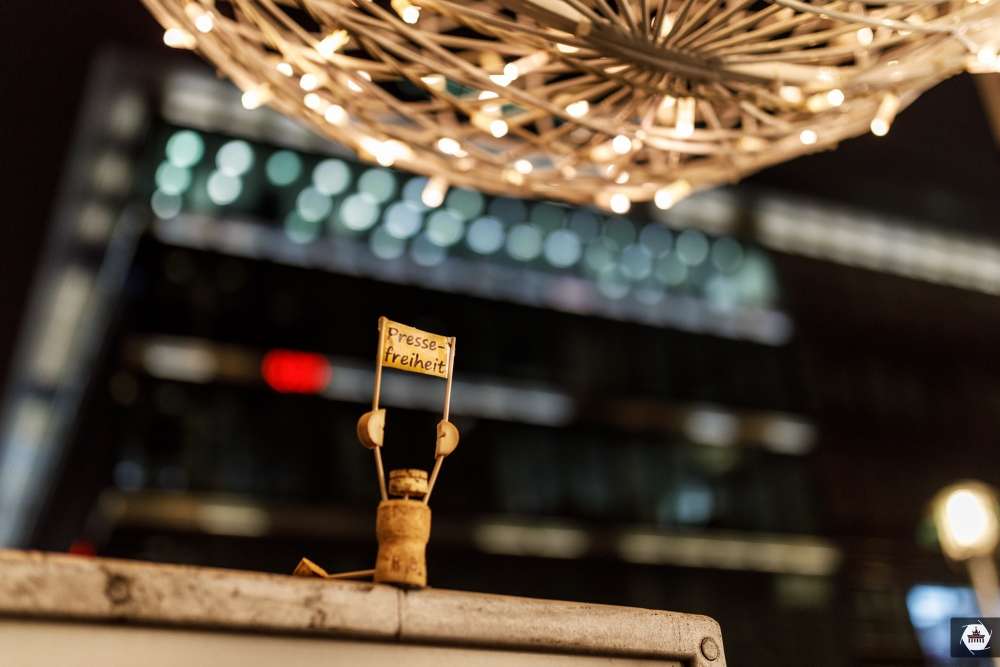The Nobel Peace Prize Should Honor Hopeful Tactics, Not Heroic Persistence
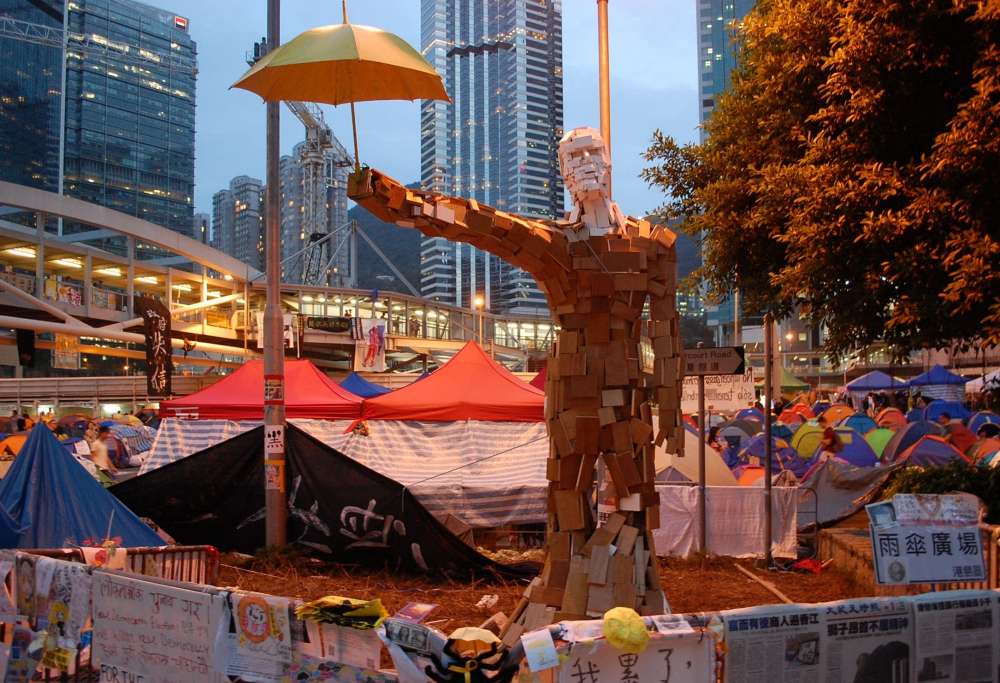
Among the nominees for the 2018 Nobel Peace Prize are Joshua Wong, Nathan Law, Alex Chow, and the entire “Umbrella Movement” that occupied the streets of Hong Kong in 2014. Why were they nominated for the Nobel Peace Prize, and why four years after they rose to international prominence? Can they protect Hong Kong against Beijing’s authoritarian reach? And do they deserve the 2018 Nobel Peace Prize?
The trio of Wong, Law and Chow played a central role in the Umbrella Movement, which mainly consisted of young students from Hong Kong who peacefully occupied public spaces and demanded universal suffrage. When the police used teargas, the demonstrators opened their umbrellas, thus giving the movement its charming title. By nominating the Hong Kong trio for the 2018 Nobel Peace Prize, long after the protests ended, a bipartisan group of US lawmakers seeks to draw attention to the tightening space for pro-democracy activism in Hong Kong. The nomination also bolsters the charisma of these exceptional young leaders who continue to fight for Hong Kong’s independence. It occurred against the backdrop of numerous attacks on the trio’s unrelenting resolve as well as on their remaining political influence in Hong Kong. One of the repressive measures that the young activists experienced during the last year is political imprisonment. This is a longstanding and often effective tactic used by repressive governments to undermine human rights and democracy movements.
However, the young activists have announced that jail time will not intimidate them. In September 2017, Joshua Wong wrote from Hong Kong’s Pik Uk prison that “being locked up is an inevitable part of our long, exhausting path to democracy. Our bodies are held captive but our pursuit of freedom cannot be contained. Adversity will only sharpen our wits and make us more strong-willed.” While this resolve added to the trio’s international fame, it would be a mistake to think that the same is true locally. Their jail sentence made clear that Hong Kong’s courts will not shy away from detention as a punishment for civil disobedience. This risk undoubtedly intimidates many of those who were ready to participate in the Umbrella Movement but are now hesitant to take the streets again. Fear of repression makes future mass protests in Hong Kong less likely.
Human rights organizations such as Amnesty International condemned the sentence as politically motivated and voiced concern that it constituted a serious threat to the freedoms of assembly and speech in Hong Kong. Unwittingly, Wong himself may have bolstered this chilling effect by announcing that imprisonment was an inevitable fate for all those who, like him, were determined to struggle for democracy and self-determination in Hong Kong. Most people are not willing to go to such lengths – unless they have very little to lose.
The story of the Hong Kong trio resembles that of many inspiring individuals who emerge as protest leaders in mass movements and then end up in prison. To destroy their continued influence, repressive actors can order a wider crack-down, but this option is politically risky. Alternatively, they can engage in a framing contest that targets the legitimacy and mobilization power of former protest leaders by criminalizing them. International actors such as human rights organizations as well as sympathetic observers in governments and parliaments abroad can play an important role in countering such criminalization by protesting publicly against imprisonment and harassment, and by nominating the individuals for prestigious awards. The 2018 Nobel Peace Prize nomination for the Hong Kong trio is such an attempt: it aims to counter ongoing intimidation and criminalization, and it seeks to bolster the young activists’ charisma.
Charismatic individual figures – protest leaders, human rights defenders, and prisoners of conscience – are important because they give protests a face. Unfortunately, however, their international heroification often facilitates a misreading of local political dynamics: protest leaders’ continued power to mobilize is usually short-lived. To remain influential, former protest leaders must succeed in opening new, safe and ultimately hopeful opportunities for political action.
That is easier said than done. If activists fail in this difficult task, their actual political influence crumbles very fast. Their power turns into powerlessness. This was also the fate of the Umbrella Movement and its young leaders. If they win the 2018 Nobel Peace Prize, it would be a deserved but ultimately desperate recognition of past achievements – not a foreshadowing of independence and democracy in Hong Kong.
At a time when the human rights movement is in crisis, the 2018 Nobel Peace Prize should go to individuals or institutions that demonstrate both courage and the imagination needed for maintaining influence in the face of push-back. One worthy candidate among this year’s nominees is the advocacy organization Reporters Without Borders, specifically in recognition of their new initiative Forbidden Stories. This project moves past the heroification of individuals and instead attacks the repressive logic that a damaging story can be killed by imprisoning the journalist. Forbidden Stories unites journalists in an effort to secure the information held by reporters under threat. In the event that a threatened colleague actually gets arrested or killed for researching a story, they facilitate follow-up on the story and make sure that the results are published internationally.
Charismatic individuals can inspire a crowd to act, but charisma is not enough and heroification does not always help. Instead, new ideas for strategic collaboration and joint political action are needed to overcome repression and offer a hopeful prospect in the face of adversity. Forbidden Stories is such an idea put into practice and for that, Reporters Without Borders deserves the 2018 Nobel Peace Prize.
…
This commentary is a shortened English version of a longer German-language article that was published in the German human rights journal Zeitschrift für Menschenrechte (Vol. 1, 2018).

